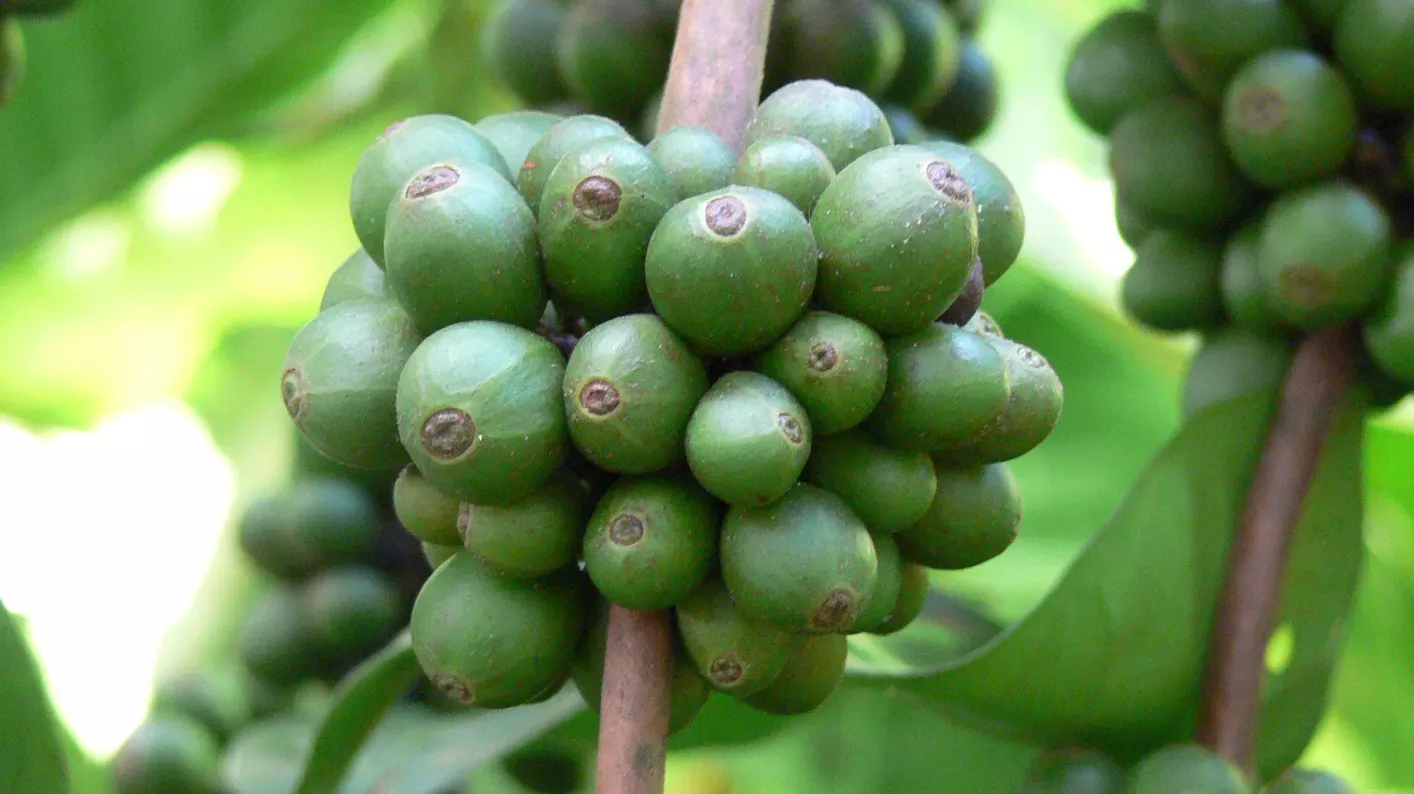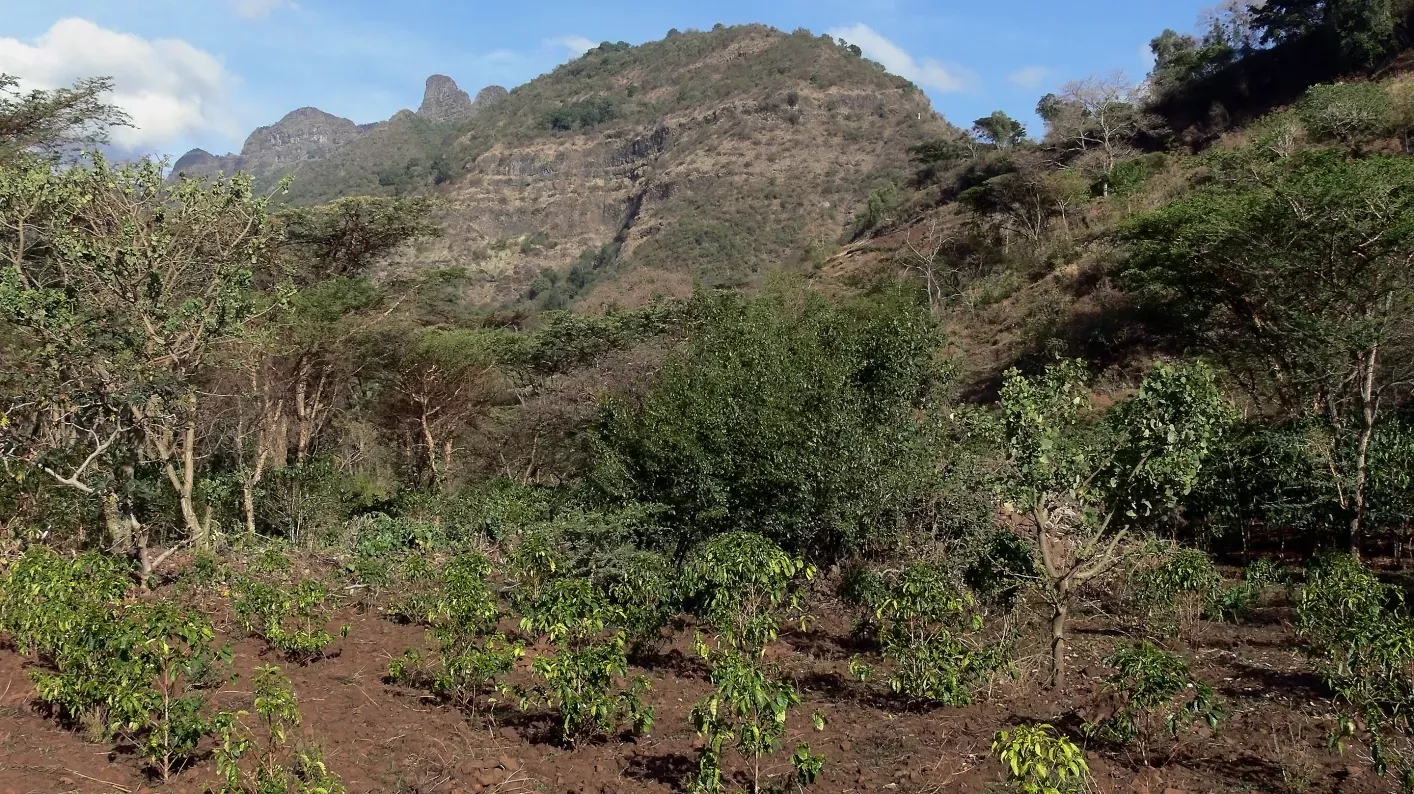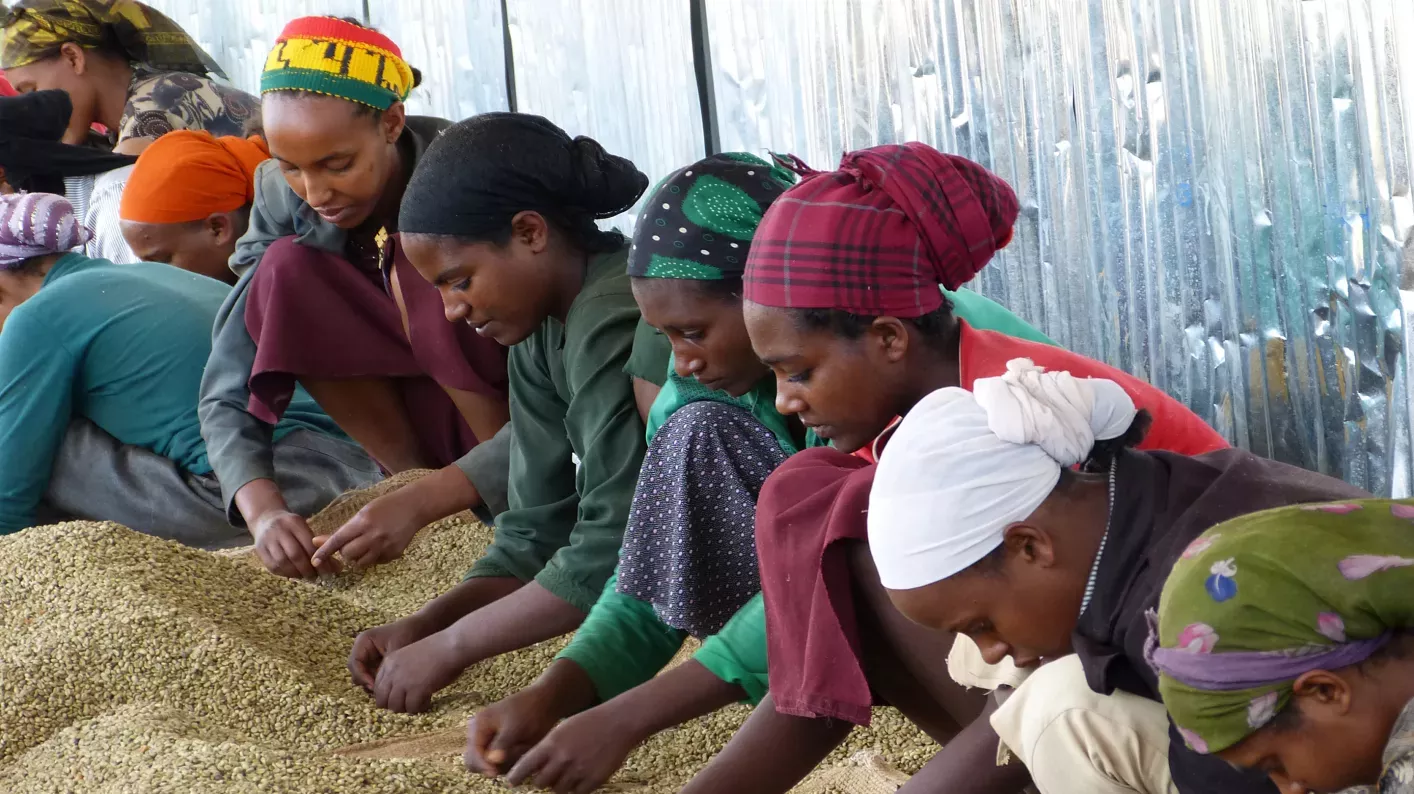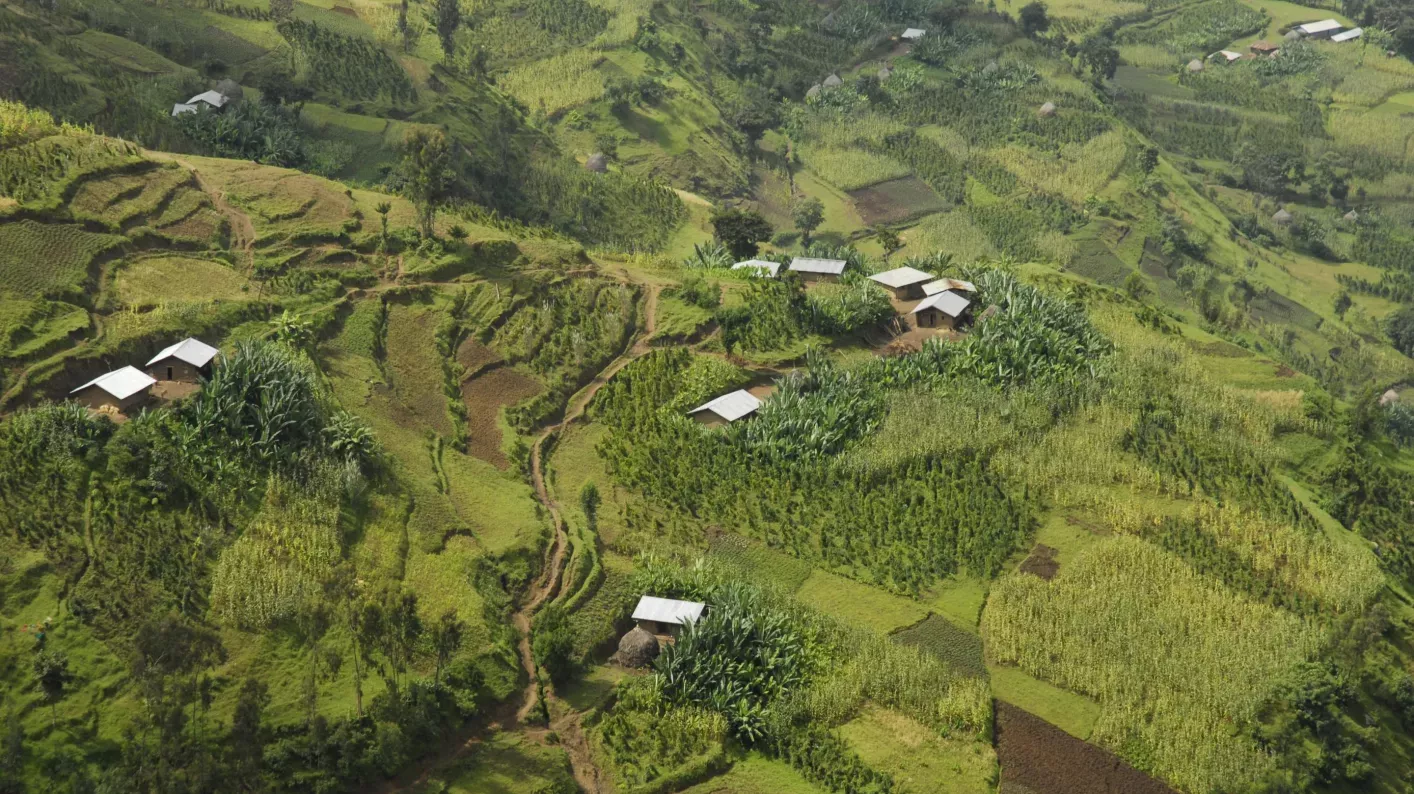Agriculture is essential for human existence but faces considerable challenges, particularly in an era of accelerated climate change and increasing pressure on land due to our growing global population.
Equally, agriculture is a major cause of greenhouse gas emissions, environmental pollution, and biodiversity loss highlighting the need for sustainable and nature-based solutions.
In collaboration with partners around the world, we aim to fast track the identification of beneficial crop traits, such as environmental stress resilience, in major and minor crop species, crop wild relatives, and other useful plants.
The aspiration is that this knowledge will be applied to provide key benefits to society, such as in sustainable food production, climate change adaptation, and biodiversity and ecosystem conservation.
In some cases, our crop research directly supports the stakeholder community, including producers and purchasers.
Plant groups of interest: cereals (wheat, rice), beverages (coffee and tea) and protein crops (soya, field beans). Examples of our research include:
- Wheat
- Rice: Investigation of historical rice cultivars provides evidence for dramatic changes that our crops experienced in the era of high-input agriculture. Mining genomes, metagenomes, and metabolites of herbarium specimens opens a window into lost properties, traits, and genetic diversity of rice.
- Beans: Legumes provide sustainable farming solutions and affordable nutritious foods, but are increasingly vulnerable to climate change-associated heat stress and droughts. By exploring bean diversity, physiology, and the molecular genetics of water use and nitrogen fixation, we are developing more climate resilient crops.
- Coffee: The use of species diversity for crop development and coffee sector sustainability, particularly within the context of climate change. The research is multidisciplinary and undertaken over a broad collaborative network, to include diversity analyses, genetics, agroecology, spatial analysis, climatology, chemistry, sensory analysis, value chain assessment, and socio-economics (livelihoods).




